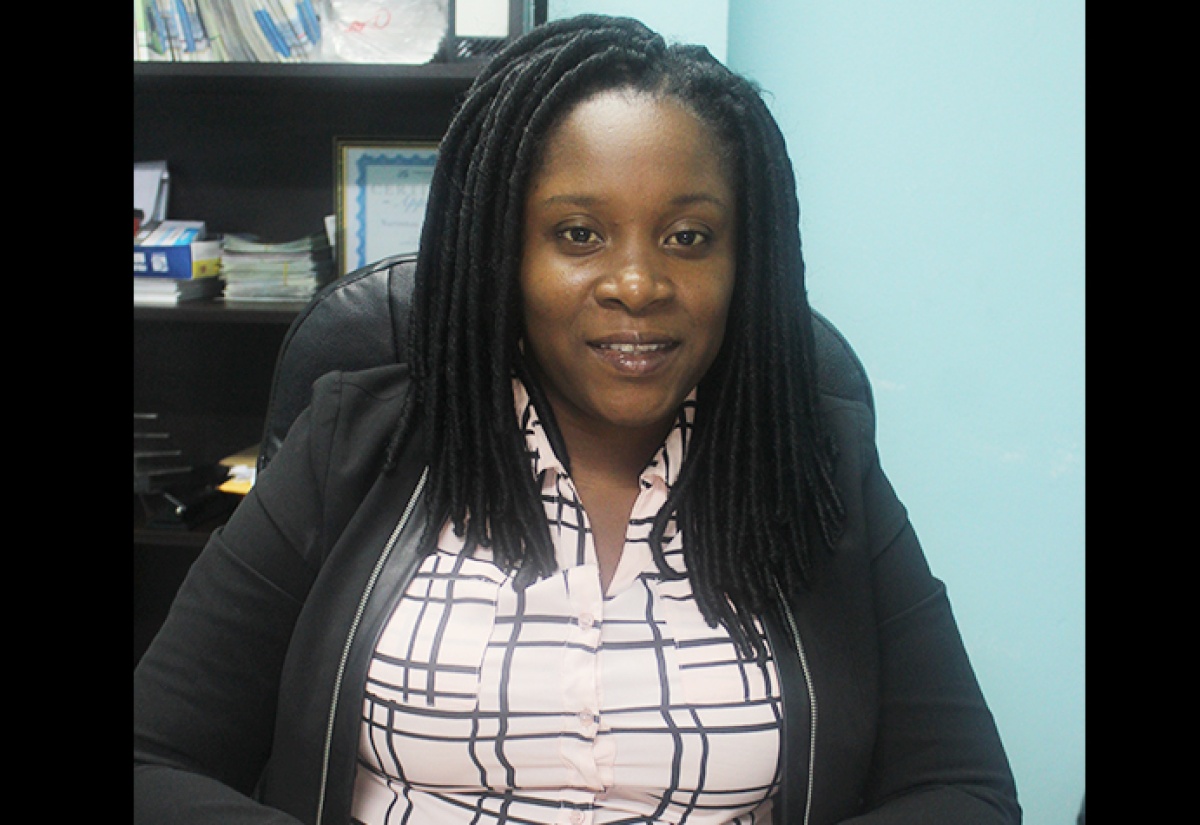HEART Assists Persons with Mild Intellectual Disabilities
By: , August 21, 2017The Key Point:
The Facts
- The goal of the programme is to improve the personal, professional and social capacity of persons with mild intellectual disabilities, through profiling participants’ skills, developing their potential, supporting them with a job coach, and guiding their progression into employment.
- Since 2014, over 300 persons have benefitted from the programme. Persons who are interested in being a part of the programme in 2018 can contact the Youth Services Division of the HEART Trust/NTA at 754-9816-8.
The Full Story
Some 152 young persons with mild intellectual disabilities are being assisted with personal and professional development skills, through the Empowerment Programme of the Youth Services Division of the HEART Trust/NTA.
The programme which started in 2014, is a seven-month initiative consisting of a three week non-residential camp, followed by six months of supported work experience.
The goal of the programme is to improve the personal, professional and social capacity of persons with mild intellectual disabilities, through profiling participants’ skills, developing their potential, supporting them with a job coach, and guiding their progression into employment.
Director of Communications and Marketing at the Youth Services Division of the HEART Trust/NTA, Julia Smiley Green, tells JIS News that the target group is between 17 and 35 years of age.
She points out that the programme arose out of a need to cater more specifically to persons in the community who are living with disabilities.
“We believe that all young people should be empowered regardless of their status. Once they fall within the age cohort that we cater to, then we believe that we should be generating programmes that can meet their needs in a targeted way,” Mrs. Smiley Green says.
She notes that many in society do not readily accept persons with disabilities, particularly in the world of work.
“So, the idea behind the programme is to get members of the general public as well as our employers specifically, to understand that even though these persons might have a disability, they too have a contribution to make productively to our society,” the Director says.
Mrs. Smiley Green tells JIS News that the Division encourages persons to have an open mind, and not to come to the programme with a perception that persons with disabilities are not able to contribute.
“Yes, they may need a little more guidance and attention than the average person, but what we find is that in working with them, we realise that they too have their meaningful contribution to make. They may not contribute in the same way as other persons, but once they are exposed, once they are given the opportunity and of course with the training and support we provide, they are able to effectively contribute in the organisations,” she argues.
Mrs. Smiley Green notes that the programme has received positive reviews from employers who have engaged the participants.
“They would admit that initially, they would have been hesitant but they are very impressed with the performance of our participants so far. Because they have come in, they have performed well and they have not shied away from any duty. If they need assistance they are always willing to ask for it, and they adapt well to the task they are given to complete,” she says.
“Even so, we find that some of the employers are even considering whether at the end of the six-month placement period they could engage them, maybe not on a fulltime basis, based on the scope of the organisation. But consideration is being given to engage some of them on a part-time basis, because that is how valuable their contribution has been,” Mrs Smiley Green adds.
Even though there is an application process for the programme, consultations are also held with schools and organisations that target persons with disabilities, to assist in identifying some of these persons.
When applying to take part in the programme, persons are required to bring along one passport size photo, copy of their Tax Registration Number (TRN), copy of their birth certificate, a Valid ID and a copy of their NIS number.
During the training phase of the programme, areas such as employability skills, employee rights and interpersonal skills are explored.
Participants are also given a stipend of $5,600 per week during the work experience component of programme, which is paid fortnightly.
Meanwhile, Mrs. Smiley Green tells JIS News that the programme has been receiving support from both the private and public sectors.
“We find that in terms of placement, more private sector companies are offering to take our participants. But generally speaking, we find that once the participants go into these companies, they are usually very impressive in what they do and that has aided our partners in realising how important it is to partner with us for that programme,” she says.
She adds that the programme is always looking for additional partners to “come on board to assist us with not only engaging these persons, but to have them making worthwhile contributions to their organisations.”
Since 2014, over 300 persons have benefitted from the programme. Persons who are interested in being a part of the programme in 2018 can contact the Youth Services Division of the HEART Trust/NTA at 754-9816-8.


